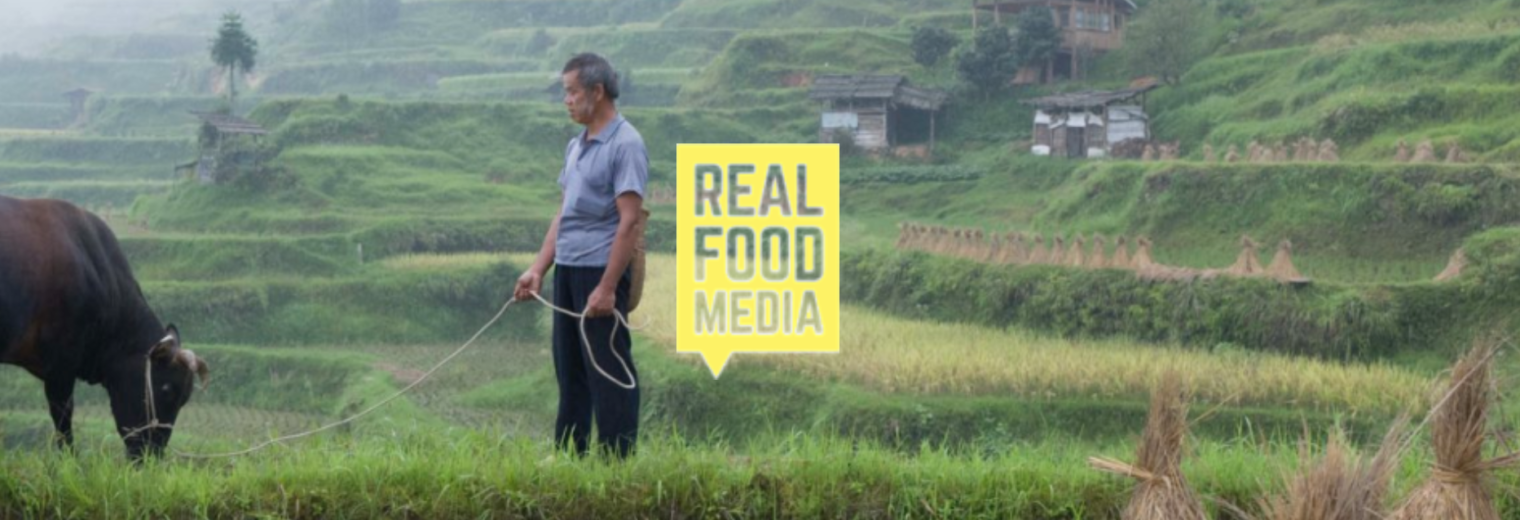This Food Day we are celebrating small farmers around the country and the world.
We’re also shining a light on the connections between food, farming, and catastrophic climate change.
In case you missed it, the latest report from the Intergovernmental Panel on Climate Change was dire, the not-so-icy icing on the cake of an already- depressing news cycle. The main takeaway? We need “rapid, far-reaching and unprecedented changes in all aspects of society” to limit global warming to 1.5 degrees Celsius in order to avoid the worst impacts of climate change that will hit the world’s already-vulnerable populations hardest. Unprecedented change in all aspects of society? That can seem far-fetched in a country that has pulled out of the Paris Agreements, and in a world where this month’s high-stakes election in Brazil might just result in a president who has claimed environmental policies are “suffocating,” promising to scrap the few protections in place for the Amazon, the “lungs of the earth.”
Despite all of this, we have hope. From wide-scale measures like the state of Sikkim, India, becoming the world’s first 100% organic state to people-powered movements like Organización Boricuá de Agricultura Ecológica in Puerto Rico, initiatives around the world are thriving to support smallholder farmers and climate-resilient farming practices like agroecology.
What does the future of food in the age of climate crisis look like? It looks like smallholder farmers rooted in local, peasant, and indigenous knowledge for farming that promotes resilient food systems and communities.
In community and solidarity,
Anna, Tiffani, Tanya, and Christina
Read the full issue of the Real Food Scoop
Header photo: Zhang Kechun, We Feed the World

